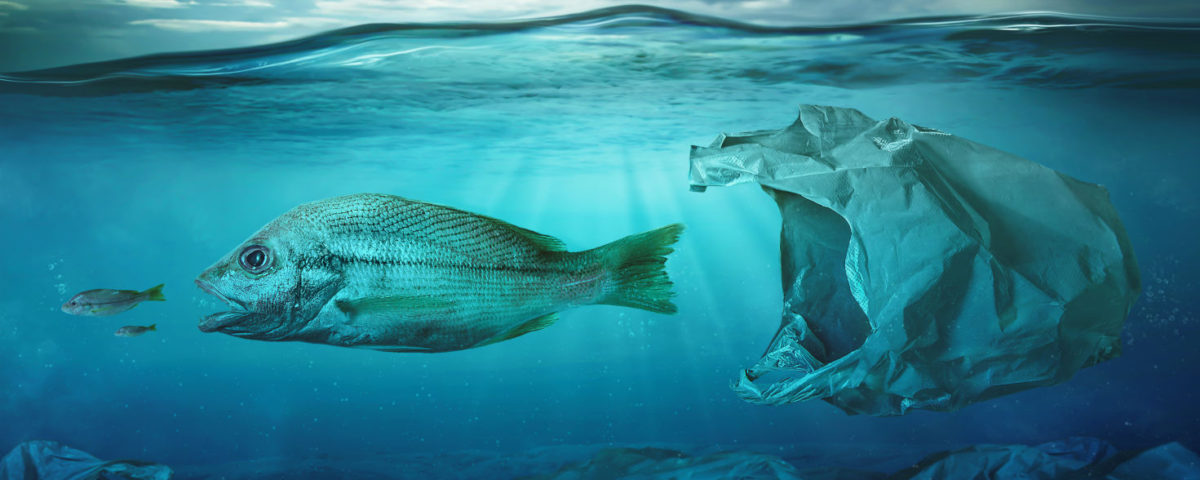Causes and effects of water pollution

Effect of water scarcity on plants
October 22, 2020
How is the Water Cycle Affected by Pollution?
November 16, 2020Water is a vital element if we wish to survive on earth. But, we all are well aware of the much harm that we humans, have done to the earth to pollute it to the core.
It has certainly become hard for people to come across lakes and rivers that are filled up to brim with fresh water. And by any chance, if we come across one, it is sure that the water body might be polluted with some or other things.
So, what is water pollution?
Water pollution is a change caused in the chemical, physical or biological properties of the water that has the capacity of hurting the living organism. In simple terms, water pollution is the contamination of water bodies like lakes, rivers, oceans, aquifers, groundwater, or the sea. The pollution is usually caused due to human interference.
What causes water pollution?
There are many causes of water pollution, some of them are:
1- Sewage or wastewater:
The waste from households, factories, or agricultural land gets discharged into rivers or lakes. This waste can either be in the form of liquid waste, garbage, or sewage. The harmful chemicals oozing out of this waste can damage aquatic life.
2- Dumping:
Most water bodies get converted into dumping grounds by nearby localities. And this causes a huge problem because the dump contains everything from plastic, aluminum to glass, Styrofoam, etc. And since all the waste takes different time to degrade in the water, they tend to harm the aquatic life until degraded.
3- Oil pollution:
One of the worst types of water pollution is oil pollution. This is because the oil spills from tankers and ships tend to create a thick layer above the water in seas or oceans. And since oil doesn’t dissolve, the sludge stays forever.
4- Acid rain:
Even though acid rain may seem like a natural problem but it is wise to note that Acid rains are caused due to acidic particles in the contaminated air. These particles in the atmosphere get mixed with water vapor and result in acid rains.
5- Industrial waste:
Industrial waste is filled with lead, asbestos, petrochemicals, and even mercury. All of these chemicals are highly hazardous for both humans and aquatic life. But, many industries tend to discharge the waste into major water bodies like rivers and lakes around living localities, thus, contaminating the fresh water.
What impacts does water pollution have on the ecosystem?
1- Diseases:
Not just the aquatic life, even when the humans end up drinking polluted water, they make themselves vulnerable to various life-threatening illnesses like hepatitis, cholera, typhoid, and many other water-borne diseases.
2- Ruination of the ecosystem:
Our ecosystem is extremely fragile. Even a simple change can lead the ecosystem to react and impact the environment. If the water system is unchecked in a particular locality, then the whole ecosystem of that particular area may collapse.
3- Eutrophication:
The chemicals available in the water body promote the growth of algae. These algae end up forming a thick layer over the ponds and lakes. The bacteria present in the water tend to feed on algae, causing the amount of oxygen in the water to decrease, thus impacting the aquatic life of the entire water body.
4- Adverse impact on the food chain:
If the aquatic life tends to accommodate as per the polluted water, it is highly possible that the marine species may have toxins and pollutants in their body. When humans tend to feed on fishes, shellfishes, or other aquatic species, they end up consuming the toxins and pollutants too.
How are we going to survive?
Many reports have openly claimed that by 2025, two-thirds of the world will face water shortages. The only way to offer the coming generation the hope to live is by following the right water conservation practices.
And thankfully, companies like Airowater ensured to put their expert minds on the problem. They have found a viable solution to tackle water scarcity by introducing the Atmospheric Water Generator (AWG). This innovative technology uses humidity in the air to produce potable water. So, no matter what your needs are, you will always have a fresh source of water.



